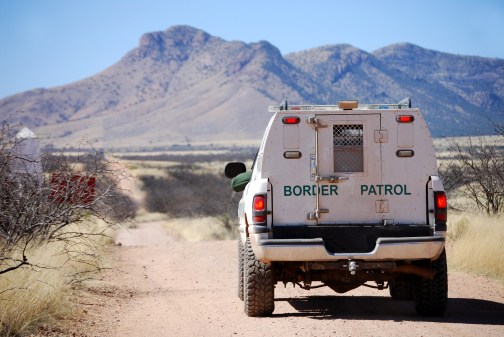DHS launches $1.5 million opioid detection challenge

How can the U.S. government stem the flow of illegal opioids coming into, and traveling around, the country via the mail? This, per the Department of Homeland Security’s Science and Technology Directorate, is the $1.5 million question.
Together with U.S. Customs and Border Protection (CBP), the United States Postal Inspection Service (USPIS) and the Office of National Drug Control Policy (ONDCP), DHS S&T launched the Opioid Detection Challenge on Wednesday. The goal of the challenge is to combat the ongoing deadly opioid epidemic, a public health crisis that claimed around 50,000 lives in 2017.
The challenge statement seeks “novel, automated, nonintrusive, user-friendly and well-developed” ideas for tools and technologies that can detect opioids in the mail and thus disrupt their flow. The tools can’t penetrate the package in any way, can’t use powders, sprays or liquids, and can’t rely on any information other than what can be seen on the physical package. DHS S&T thinks machine learning and artificial intelligence might be able to play a role.
“This competition is part of the comprehensive government effort to address the opioid crisis that is devastating too many American communities,” DHS Senior Official Performing the Duties of the Under Secretary for Science and Technology William N. Bryan said in a statement announcing the launch of the challenge. “New tools and technologies offer a critical opportunity to more quickly and accurately detect opioids before they enter the United States.”
The challenge will run in two stages: the first, requiring the submission of a plan, and the second, a prototype. Stage one comes with an $800,000 prize pool and will see up to eight finalists. In stage two, organizers expect to award $500,000 to a winner and $250,000 to one runner-up.
Would-be solvers have until April 24 to submit a plan for stage one; the challenge plans to wrap-up entirely by fall 2019.






